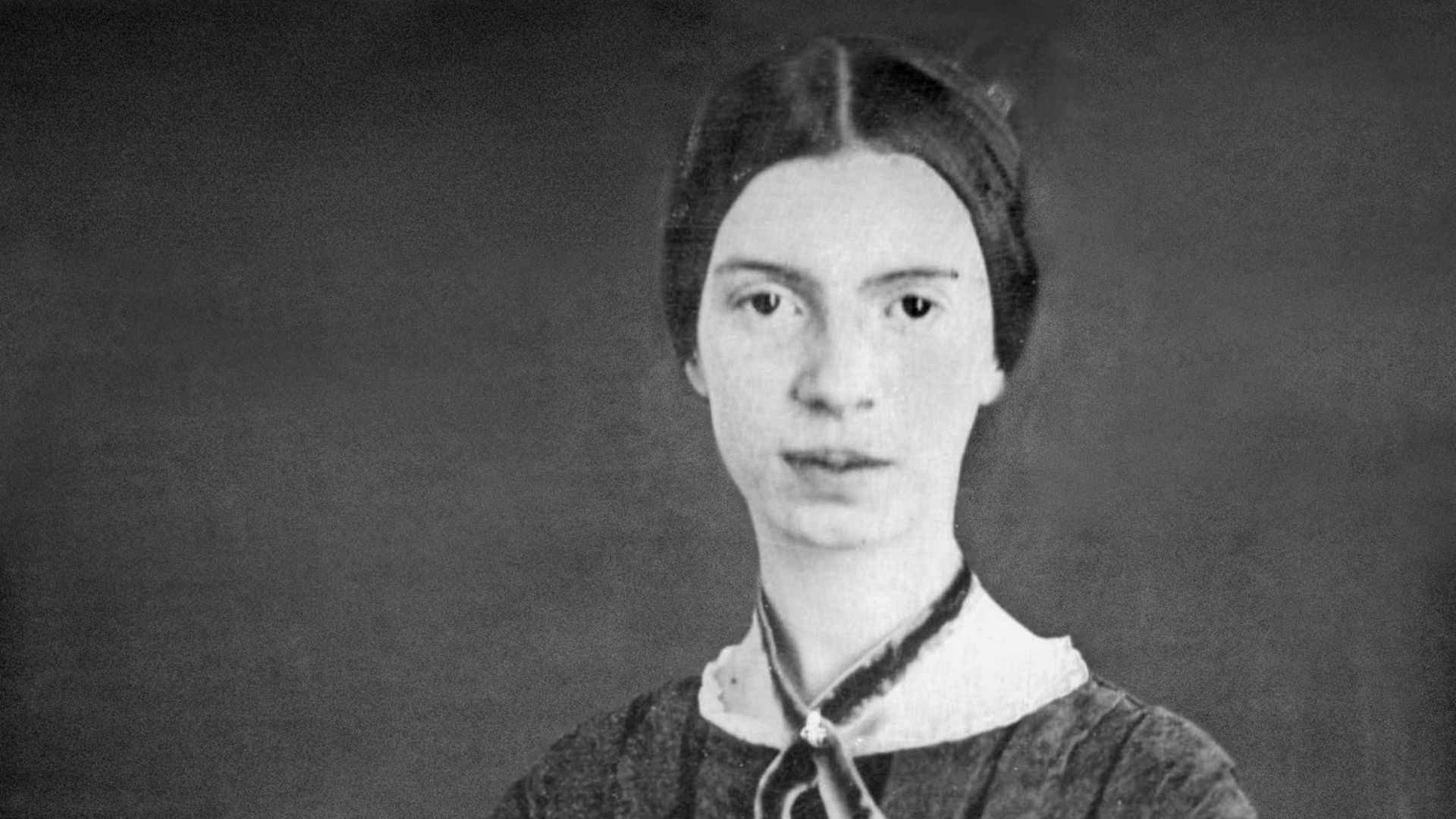There Is No Frigate Like A Book Poem by Emily Dickinson
There Is No Frigate Like A Book
There is no frigate like a book
To take us lands away,
Nor any coursers like a page
Of prancing poetry.
This traverse may the poorest take
Without oppress of toll;
How frugal is the chariot
That bears a human soul!
.............beautiful poem...there is certainly no joy like traveling into the lands of imagination ★
Wow! It's a joy to experience the elegance of sound and of sense in this poem by the master poet, E. Dickinson! Nice touch of genius! Thank you! : -)
The commenter misunderstands the meaning of the word courser, which my dictionary defines as a swift or spirited horse. He seems to think it refers to academic courses, such as the one he might have been taking at the time he submitted his analysis of the poem. As I read it, Ms. Dickinson claims that even riding such an animal cannot provide the same thrill as a page of prancing poetry does. As for the chariot, no reference to “Phaeton’s chariot” is needed to understand its placement in the poem. Her reference is to the human body, which in her world-view functions as a vehicle for the human soul. Why does she use the word frugal to describe this vehicle? One would suppose that fragile might be a better adjective — and, indeed, frugal seems to suggest that word, fragile — or is it that we tend to fill in the word we think would be most appropriate, regardless of the author's intentions? I would welcome comments on the denotative and connotative meanings of the word frugal, and why Ms. Dickinson chose to use it here.
Frugal meaning inexpensive. There is no cheaper way to travel to faraway places.

The poem 'There is no Frigate like a Book' by Emily Dickenson provides motivations for people who are fond of reading books. The first line is comparing a frigate to a book. It says that no earthly frigate is like a book. A frigate is a kind of ship which is used to take people to far away lands. The same job can be applied for books, too. Reading poetry is not able to be compared to taking coursers. Poetry is motivating and it creates a fast move in humans. But, I don't think if coursers can motivate human beings. Travelling can be done to wherever one wants by reading books without paying any money. Chariot is alluding to the myth of Phaeton (from Greek Mythology) .